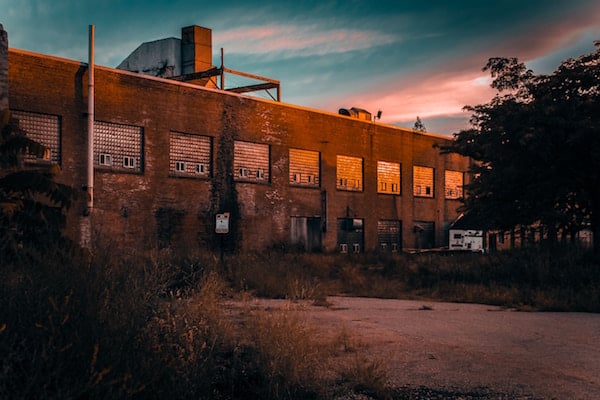Published on
What Is A Diploma Mill?

A diploma mill is any college, university or organization that has the earning and issuing of diplomas as its core value.
Notice that many definitions of a diploma mill center on organizations that issue diplomas for a price, but without academic rigor or evidence of actual student learning. That is indeed a diploma mill, but it’s only one type. There are also diploma mills that make things quite hard for students. They add rules and academic hoops. They might have challenging tests. They require papers and projects. They might even offer good and valuable learning experiences. Yet, in the end, they or the students they serve see them mainly as steps toward getting that piece of paper at the end. That is a diploma mill. A mill is a place where machines grind grain into flour. A diploma mill is a school that grinds out people into graduates with pieces of paper. The focus is on how many pieces of paper they issue. The process is not as important as the end goal.
You know you are in a diploma mill if you get half-way through a degree program, leave, and believe that it was therefore a complete waste of your time and money. The focus is on getting a diploma, and you didn’t get it. In this context, you are looking at it like going to the store, paying for a product, and then leaving without it.
For non-diploma mills, the product—if we want to stay with that metaphor—is not the diploma. It is the mentoring, the learning and the journey of personal transformation. Do you consider that idealistic? If so, then I’d like to suggest that your reaction is further evidence of how rampant diploma mills are in higher education today.
Scan online advertisements and you will read grand promises of earning your diploma in increasingly shorter periods of time. There is a drive to condense, thereby removing time for reflection and deeper learning. There are ads that place a prominent image of a student crossing the stage with the diploma in hand, since that is the goal in a diploma mill.
The paper is not without value. Companies value it when hiring. Certain pieces of paper from colleges are required to even apply to some jobs. The paper adds some level of prestige. It serves as a signal of achievement and progress in a person’s life. Recipients and their families often beam with pride.
None of this is inherently bad, but I’d like to suggest that it is separate from real, substantive learning and education. If you go back far enough in the history of Harvard, you will find a time when students who graduated didn’t even get diplomas. If they wanted one, they had to hire someone to create it, then go the president’s office and pay the president to sign it. The diploma itself was separate from the real focus of Harvard, which was to provide a rich and valuable education.
In the flurry of higher education innovation today, with its growing praise of massive enrollments, we would be wise to not lose sight of the dangers associated with becoming a diploma mill. They risk devaluing the essence of great higher education. Additionally, the more colleges see themselves as mainly selling verification and diplomas, the more that they set themselves up for disruption. Things might go well for them—even exceptionally well—in the short- to mid-term, but that will change. The learning communities that truly contribute to something important in life and the world are the ones that don’t treat diplomas as their main purpose. They are true communities of learning, inquiry and transformation.
Author Perspective: Administrator


